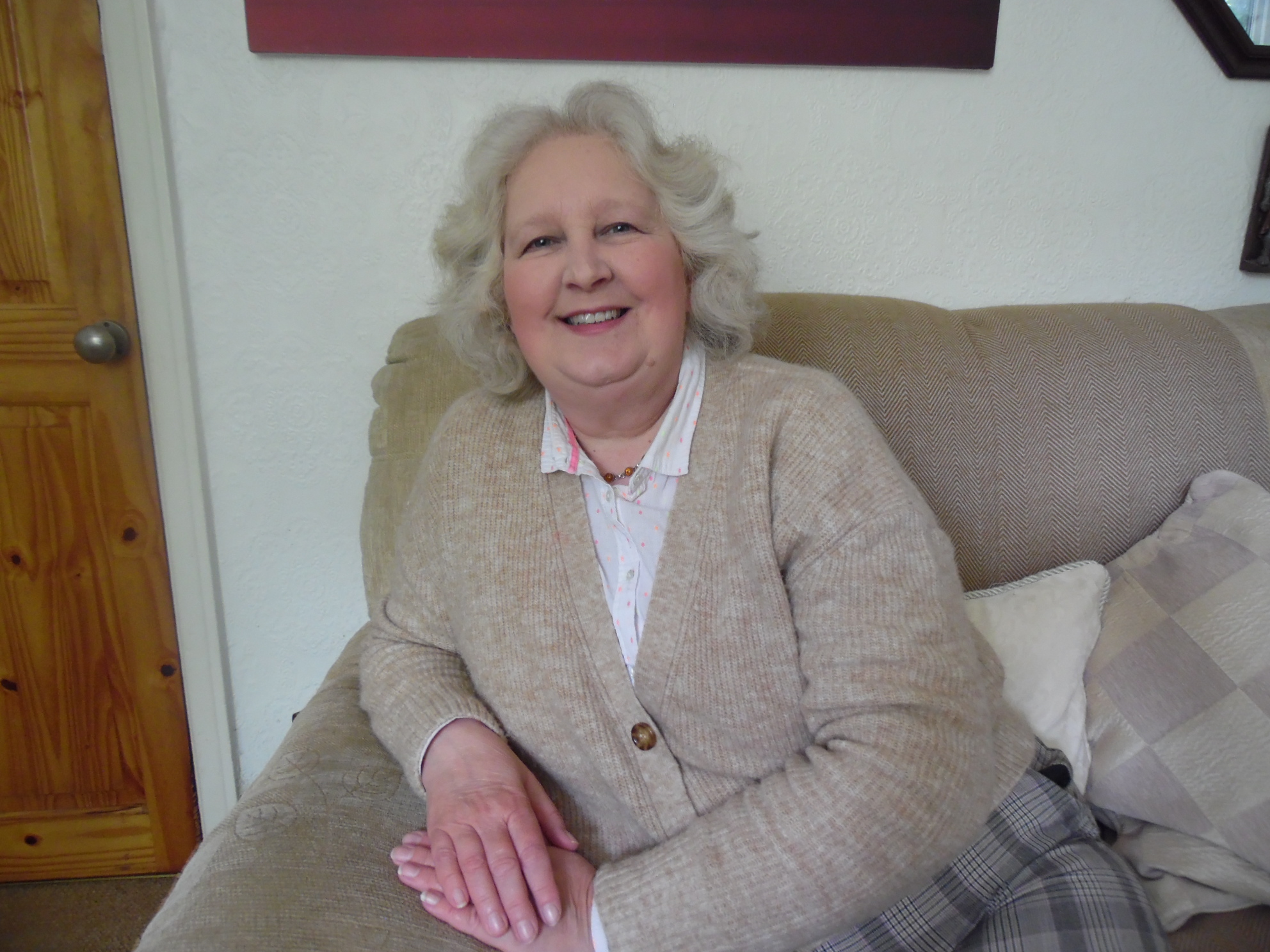When I was a student, I had no idea what I wanted to do after graduation. The inevitable question occasionally popped into my mind, only to be pushed back because I was too busy with assignments to give it much thought. Besides, it was bound to somehow all come together, surely one day I’d just have an epiphany about exactly what sort of career I should pursue; surely, I was destined to land my dream job immediately after graduation?
In hindsight, this was slightly ridiculous, if not ambitious. As the end of my course came closer into view, I felt as if I were slowly but surely trundling towards a cliff edge, with all certainty and structure behind me and only uncertainty ahead. This was a little frightening, especially when surrounded with people who seemed to know exactly what they were doing (although now I’m sure they didn’t!).
The reality is, despite applying for a handful of jobs, I finished my last university assignment with no job lined up. After breathing a sigh of relief that my days of frantic essay writing were behind me, I thought ‘what will I do tomorrow? What about next week?’ With no ‘next step’ lined up, the days appeared to mostly stretch out blankly ahead. This is not really a position I had planned to be in, but I took comfort in the fact that many of my friends were in the same boat, many of them telling me they felt uncertain too.
At the time, I felt bad for not knowing what I wanted to do, but now I realise the truth is everyone feels a little like I did, and that’s normal. If you have always been in education, working towards various qualifications, then you’re used to the next step being pretty clear. When you graduate, though, this straightforward path can suddenly splinter off into many different paths, each with their own choices… *existential crisis time*…
To take your mind off this daunting prospect, you might watch every season of Friends on Netflix and eat your bodyweight in chocolate, whilst frantically analysing what you should do with the rest of your life. After that, you’re probably going to start applying for jobs, maybe taking a bit of a scattergun approach by applying aimlessly to anything in sight, feeling confused, getting nowhere, and then feeling even more confused.
Sometimes you need to just stop for a moment.
If the bigger picture is overwhelming you, maybe it’s time to look at some smaller, more achievable goals. This blog post won’t give you the answer to your dream job, but hopefully it may help you remain calm and give you a starting point.
Here are some steps you can take to figure out what you want to do, from somebody who is still figuring that out herself:

Make use of LinkedIn
Networking is not fun for an introvert, but LinkedIn can be (you’re not in a room full of people but safe behind your screen). You may feel a bit awkward at first about messaging a stranger, but you’d be surprised at how many people are willing to offer words of advice. I have also found LinkedIn to be a useful research tool, enabling me to see what types of careers people with similar degrees to me are doing and to connect with those working in careers I’m interested in.
Speak to your careers advisor
This can be a really great way to get some clarity and assistance with getting started. A careers advisor isn’t going to give you a magic answer or tell you what to do, but they can make useful suggestions and help you with your CV and interview technique. Plus, it’s free here at the University of Salford for alumni to use the service, so what have you got to lose?
Research job profiles
Websites like Prospects can provide a way of seeing what different career paths could potentially involve and how you can break into them. There are lots of job profiles and even a quiz to see what may suit you!
Take some aptitude tests
Why not try a personality test to get you thinking about what type of working environment you might like best? I found this MBTI test particularly interesting. It may seem like a lot of soul searching, but understanding yourself can really help you find the right fit (you may not find out what pizza topping or Disney character you would be, but a personality quiz is still fun right?).
Think about your strengths, weaknesses, likes and dislikes
Write down all the things you have done in terms of work, education and even some personal tasks that you enjoyed or were good at. Write down each job you have done in the past and what you liked and disliked most about it. You don’t have to know what specific job role you want, but maybe this will help you decide what type of working environment you prefer.
Gain work experience
Speaking to people who have already landed work in the industry you are interested in can help you to build connections, which may lead to a job (apparently, as many as 60% of job vacancies are unadvertised, according to one article). Shadowing can also give you first hand experience. However, make sure you are not being unfairly exploited.
See what graduate schemes and internships are available
There are many entry-level learning opportunities to explore. Some roles don’t even require you to have a specific degree, but are open to those who have simply graduated with a university level qualification. This means if you’re unsure what you wish to do, you can take a look at a very broad scope of options, using your aptitude and personality tests to steer you in the direction that could work best for you.
Brush up on your cv
There are plenty of online resources to help improve your CV. Your CV is the first thing that employers look at, so ensuring you put your best foot forward with this is paramount. Ensure it includes all your skills, experience and a hint of your personality, without giving an overload of information. Your cover letter is where you can expand out more about yourself and why you wish to apply for the role you’re going for.
If at first you don’t succeed, try again
Someone once said to me, “as soon as you apply for a job forget it and move on.” If you hear something back, great, if you don’t then don’t dwell on it too much, unless of course it’s to figure out where you went wrong so you can improve for next time. Try not to be disheartened by setbacks- remember, J K Rowling was rejected by 12 publishers before Harry Potter was a success.
Trial and error
Apparently, the average person changes jobs about 12 times in their career, so keep your options open, explore lots of possibilities and see what’s for you! Don’t go into an entry-level job with the mindset that this is what you will do forever, simply see it as a stepping stone to gain experience and ease yourself into the world of work.
In conclusion, don’t be too worried if you don’t know exactly what you want to do (I don’t yet either, and I doubt many people do, so you’re not alone). Even those of us who seem to have life completely planned out often end up changing things unexpectedly.
Finally, here are some really useful resources to help you along the way.

 GRADUATE VOICE
GRADUATE VOICE 
 Twitter
Twitter Facebook
Facebook Google+
Google+ LinkedIn
LinkedIn